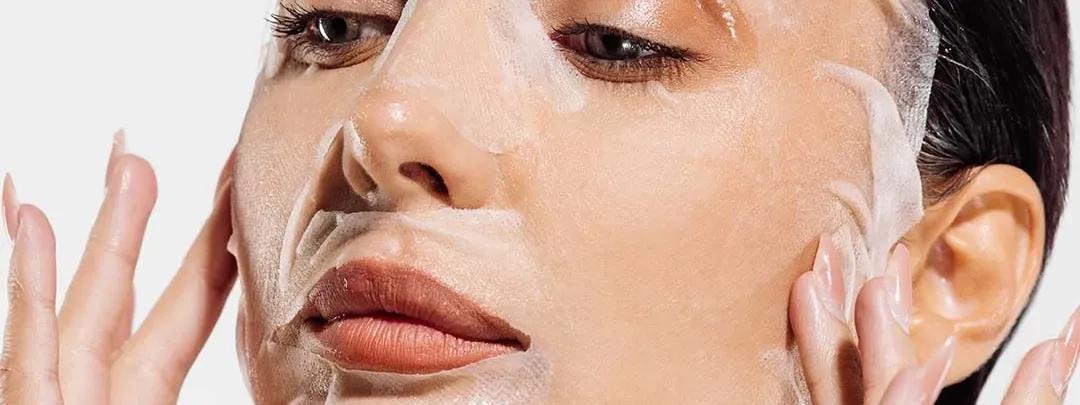Your hair has been through a lot lately. Between heat styling, pollution, and that harsh weather, it's probably crying out for some TLC. Enter the **hair care mask** – the game-changer that's completely transforming how we approach haircare. These aren't your mum's old-school treatments. Today's hair masks are packed with science-backed ingredients that work at a cellular level to repair, restore, and protect your strands. From deep conditioning treatments to overnight wonders, masks have become the secret weapon for anyone serious about healthy hair. Real talk – once you understand how they work and find your perfect match, there's no going back to basic shampoo-and-conditioner routines.
The Science Behind Hair Care Masks
Hair masks work differently from your regular conditioner because they're designed to penetrate deeper into the hair shaft. Think of them as intensive treatments that deliver concentrated nutrients where your hair needs them most. The magic happens when active ingredients are left on long enough to actually make structural changes to damaged areas.
Understanding Hair Structure and Needs
Your hair has three layers – the cuticle (outer protective layer), cortex (middle strength layer), and medulla (inner core). When these layers get damaged from chemical treatments or environmental stress, your hair becomes dry, brittle, and loses its shine. Different hair types have varying needs – fine hair requires lightweight hydration, whilst thick or curly hair often needs heavier moisturisation and protein support.
How Hair Masks Work at a Cellular Level
The best **nourishing hair treatments** use molecular science to deliver ingredients precisely where needed. Proteins fill in gaps in the hair shaft, whilst humectants draw moisture from the environment and lock it in. Some masks work by temporarily swelling the hair cuticle to allow deeper penetration, then sealing it smooth for lasting results.
Types of Hair Care Masks and Their Benefits
Not all masks are created equal, and that's actually brilliant news for your hair. Different formulations target specific concerns, so you can choose exactly what your strands need. Whether you're dealing with dryness, damage, or lacklustre locks, there's likely a mask that's your kind of pick.
Deep Conditioning Treatments
These powerhouses are perfect for severely damaged or chemically treated hair. **Deep conditioning treatments** typically contain heavier oils and butters that coat and protect each strand. They're ideal for weekly use and work best when applied to damp hair and left on for 15-30 minutes.
Hydrating Hair Masks
When your hair feels parched, a **hydrating hair mask** becomes your best mate. These water-based formulas focus on moisture retention rather than heavy conditioning. They're brilliant for fine to medium hair that gets weighed down easily but still needs serious hydration.
Protein Hair Masks
Over-processed hair often lacks protein, making it stretchy and weak when wet. **Protein hair masks** contain ingredients like keratin, collagen, or wheat protein that temporarily fill in damaged areas. Use these sparingly – too much protein can make hair rigid and prone to breakage.
Scalp Treatment Masks
Your scalp deserves attention too. **Scalp treatment** masks address issues like dryness, flakiness, or excess oil production. They often contain exfoliating acids or soothing botanicals and are applied directly to the scalp rather than the hair lengths.

